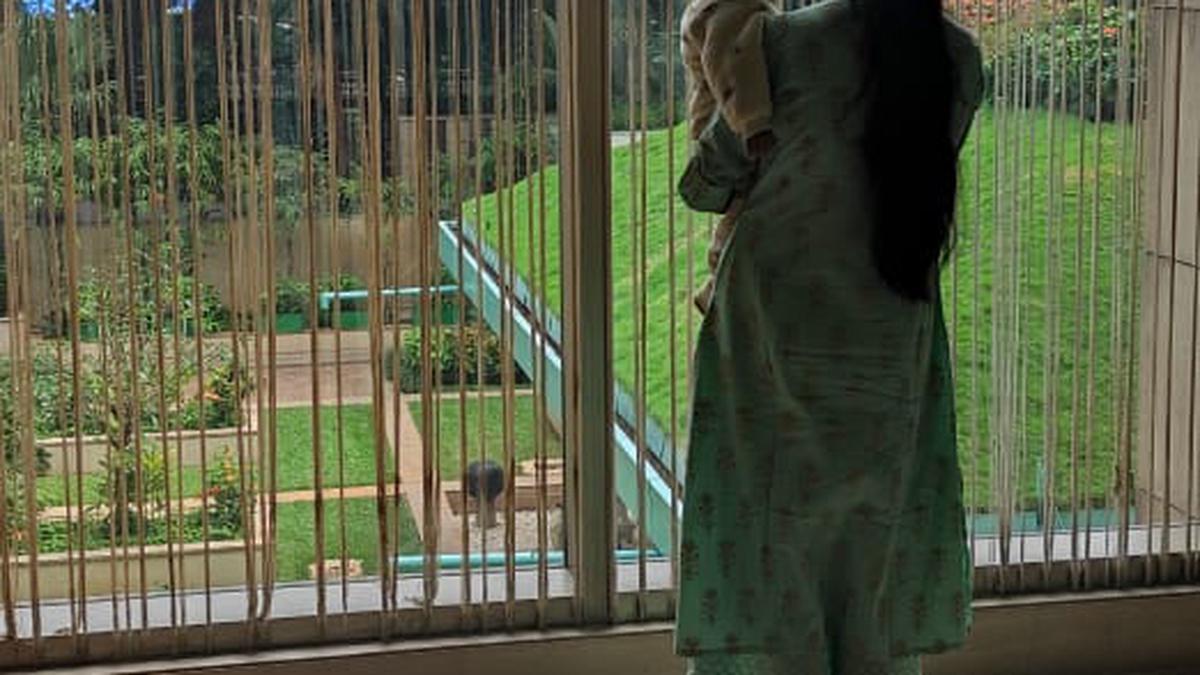
One year-old undergoes heart transplant in Bengaluru
The Hindu
One-year-old infant receives life-saving heart transplant, nation's youngest, at Narayana Health City in Bengaluru, showcasing power of expert teamwork.
A one-year-old infant got a new lease of life following a heart transplant in a private hospital in the city.
The baby, suffering from end-stage heart failure due to Restrictive Cardiomyopathy (RCM), received a life-saving heart transplant at Narayana Health City in Bengaluru. Doctors who performed the transplant claimed that this was the nation’s youngest heart transplant.
At ten months, the baby’s condition rapidly deteriorated, leading to severe jaundice, weight loss, abdominal fluid accumulation (ascites) and feeding difficulties. On evaluation, Shashiraj, Clinical Lead for Paediatric Heart Failure and Transplant at the hospital, concluded that a heart transplant was the only viable option.
Amidst the challenges, a ray of hope emerged. Within 72 hours, a compatible donor heart became available from a 2.5-year-old child who tragically lost her life to an irreversible neurological condition. This selfless gift of life became the beacon of hope for this baby and his parents with a chance of survival.
On August 18, 2024, a team of doctors at the hospital comprising Sudesh Prabhu, Senior Consultant of Paediatric Cardiac Surgery, T Kumaran, Senior Consultant of Cardiac Surgery and Transplant, and Sreedhar Joshi, Senior Consultant of Anaesthesiology, successfully performed the heart transplant along with intensivists Riyan Shetty, Rajesh Hegde, and Ganesh Sambandamoorthy.
Following a two-month recovery period, the baby was discharged in a stable condition, exhibiting remarkable progress with increased activity, healthy appetite and steady weight gain.
“Heart failure in children is particularly challenging. The rarity of donor hearts, especially for infants, combined with the complexities of congenital heart disease, makes it an incredibly delicate process. This infant’s condition was critical, and we knew time was running out. This case demonstrates the power of expert teamwork and the life-saving potential of heart transplantation. We hope this case raises awareness about heart failure and the importance of organ donation,” explained Dr Shashiraj.

Hampi, the UNESCO-recognised historical site, was the capital of the Vijayanagara empire from 1336 to 1565. Foreign travellers from Persia, Europe and other parts of the world have chronicled the wealth of the place and the unique cultural mores of this kingdom built on the banks of the Tungabhadra river. There are fine descriptions to be found of its temples, farms, markets and trading links, remnants of which one can see in the ruins now. The Literature, architecture of this era continue inspire awe.

Unfurling the zine handed to us at the start of the walk, we use brightly-coloured markers to draw squiggly cables across the page, starting from a sepia-toned vintage photograph of the telegraph office. Iz, who goes by the pronouns they/them, explains, “This building is still standing, though it shut down in 2013,” they say, pointing out that telegraphy, which started in Bengaluru in 1854, was an instrument of colonial power and control. “The British colonised lands via telegraph cables, something known as the All Red Line.”









